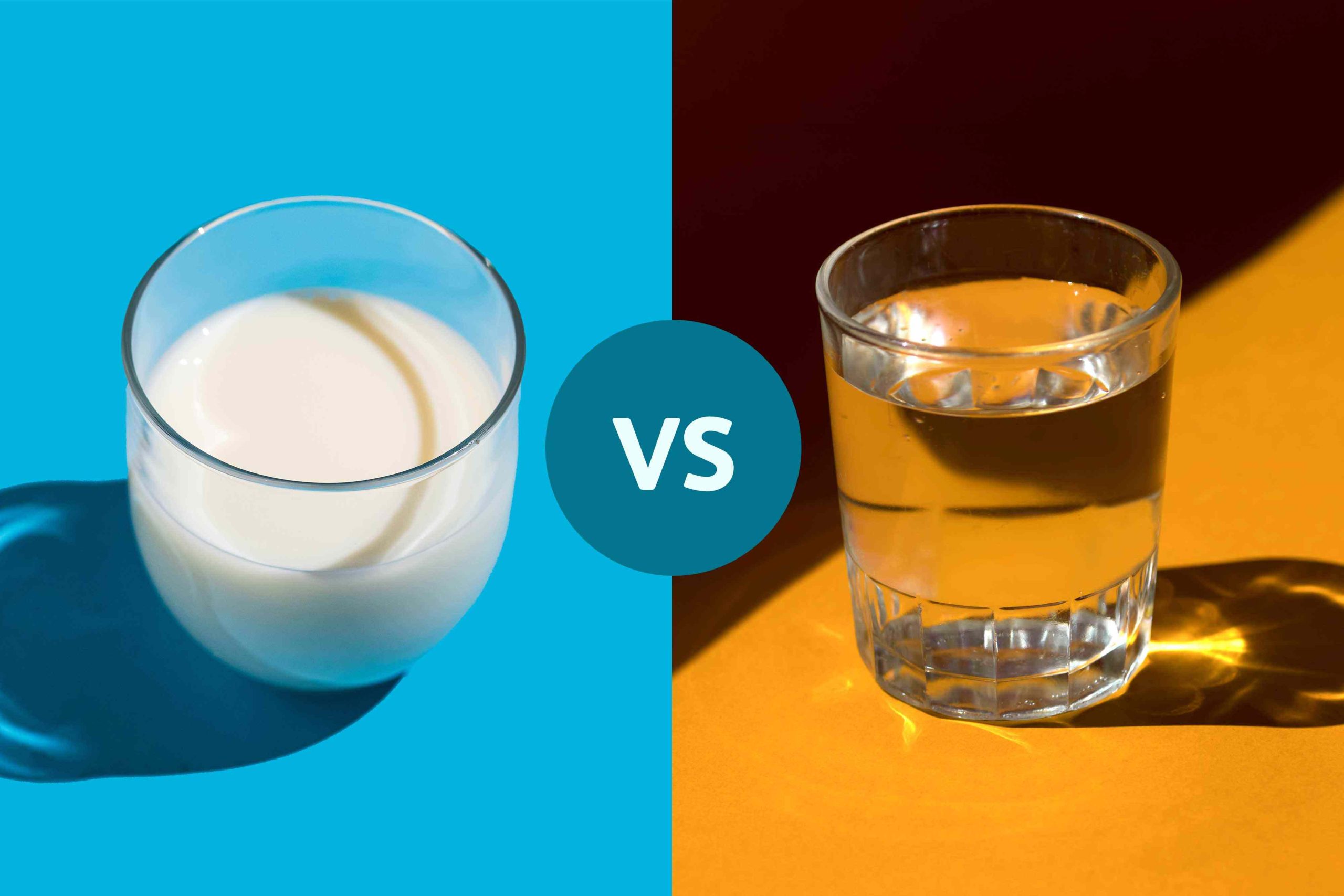The Hydration Debate: Milk vs. Water
When it comes to hydration, water is typically the go-to choice. However, some studies have sparked a debate about whether milk might be more effective at keeping the body hydrated. This topic has gained attention through various marketing campaigns and scientific research, but the evidence remains limited.
Understanding the Science Behind Hydration
A 2016 study published in the American Journal of Clinical Nutrition examined the effects of different beverages on hydration. Researchers measured urine output after participants consumed still water, sparkling water, full-fat milk, skim milk, cola, sports drinks, coffee, beer, orange juice, oral rehydration solutions, or tea. They introduced the Beverage Hydration Index (BHI), which evaluates how effectively each drink maintains hydration. According to this index, milk was found to maintain hydration better than still water, likely due to its macronutrients and electrolytes.
Despite these findings, experts caution that the data is not conclusive. Kristin Gustashaw, an advanced-level clinical dietitian at Rush University Medical Center, emphasizes that while milk can be used as a tool for hydration, there’s no strong evidence suggesting it is superior to water for everyday use.
Tolong support kita ya,
Cukup klik ini aja: https://indonesiacrowd.com/support-bonus/
Milk and Muscle Recovery
Another angle to consider is how milk supports muscle recovery. A 2016 study funded by the National Dairy Council in Ireland found that low-fat milk rehydrated athletes more effectively than water or sports drinks. In addition to replacing fluids, milk also aids in muscle protein synthesis and provides essential micronutrients like potassium and sodium, which are lost during exercise.
Amy Reed, a registered dietitian nutritionist, explains that when people exercise, they lose fluid and electrolytes, and their glycogen stores may become depleted. She notes that the best way to replenish these stores is by consuming a proper ratio of carbohydrates and protein. Dairy milk offers this ideal combination, which is why some athletes choose chocolate milk after a tough workout.
However, for normal daily hydration, water remains the best option.
When to Choose Milk Over Water
The general recommendation of eight glasses of water per day is a guideline, but individual needs vary based on factors such as age, activity level, pregnancy status, and weather conditions. Some people may need as few as six glasses of fluid a day, while others might require up to 12. At least half of your fluid intake should come from water, with the rest coming from other beverages that suit your lifestyle.
Milk can be part of a healthy diet, providing essential nutrients like calcium, vitamin D, and protein. However, it also contains calories and natural sugars. For instance, even skim milk, which has the lowest calorie content, provides around 90 calories per cup. If you’re looking to limit caloric intake, this is something to keep in mind.
Strategies for Daily Hydration
Both milk and water contribute to hydration, but the key is to maintain a consistent intake throughout the day. Brendon P. McDermott, a professor and director of the Heat & Hydration Optimization (H2O) Lab at the University of Arkansas, advises against chugging all your fluids first thing in the morning. Instead, he recommends sipping fluids regularly and allowing your body to process them naturally.
He also highlights the importance of paying attention to your body’s signals. Symptoms like headaches, extreme thirst, dry skin or mouth, and dark urine can indicate dehydration. While urine color is a delayed indicator, it can still provide useful information about your hydration levels.
Ultimately, staying hydrated is about balance and consistency. Whether you choose water, milk, or other fluids, the goal is to maintain proper fluid intake throughout the day.







